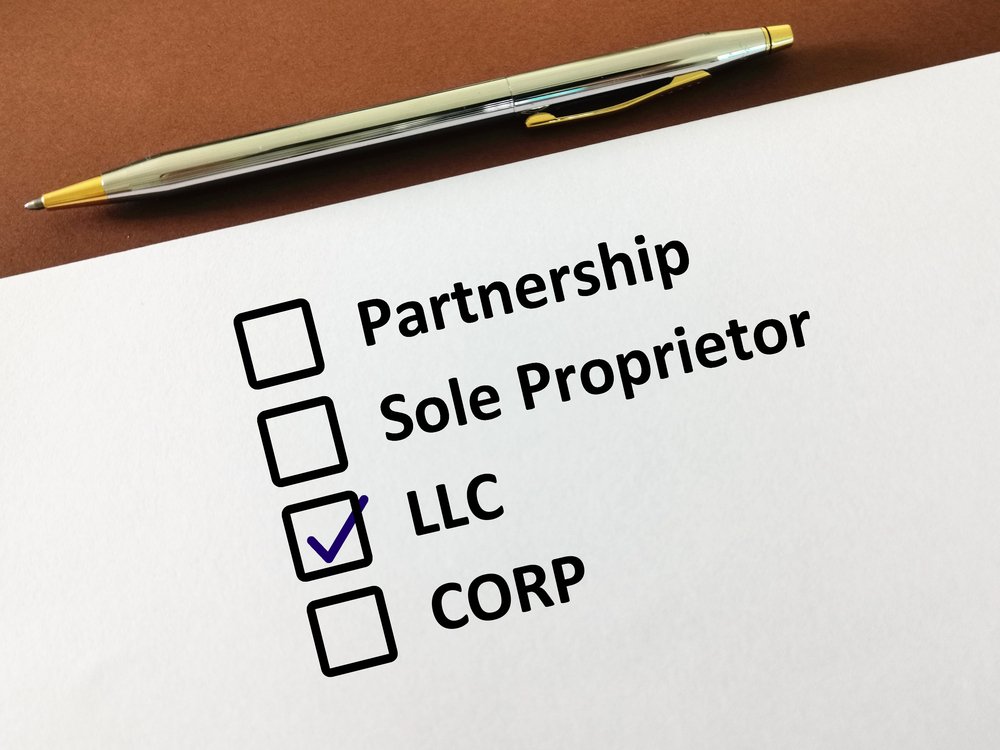How do I structure my new business?
Q: Dear Ruchi, I am in the very early phases of starting my new business. I am concerned that I am not setting things up “properly”. I always thought opening an LLC would be the only option for me but I have heard several different opinions.
A: I hear you! When it comes to setting up your new business it can be overwhelming to consider all of the options, though I’m glad to hear you’re doing some much-needed research before making your business official. If you’re going into business on your own, there are generally 3 types of business structures that would be best to consider: Sole Proprietorship, Limited Liability Company (LLC), and an S Corporation.
They all differ in their own ways and certain structures may be better suited for you depending on your business and where you live (for tax reasons). Allow me to break it down for you and make some sense of it all! Here are some general pros and cons of each structure that you can take into consideration:
Sole Proprietorship
A sole proprietorship requires little to no setup. This is a cost-effective, easy solution if you are just getting started and don’t want to add a lot of “administrative burden” to your plate. In this situation, you wouldn’t have a separate legal company and there are very few added administrative and legal requirements. Additionally, the net income earned by a sole proprietorship is reported on your personal tax return. As the owner, to pay yourself, you simply take a distribution of funds from your business.
The downside is that by not creating a separate legal company, you lack liability protection and put your personal assets at risk. You also may end up needing to provide your personal information, such as your social security number, to clients in certain cases (such as if they require a Form W-9).
Limited Liability Company (LLC)
From an administrative perspective, an LLC is very similar to a Sole Proprietorship in terms of ease. However, you do create a company and therefore will legally separate your personal and business assets. An LLC provides a good deal of flexibility, in case you want to go into business with someone at a later date or change how you are taxed. However, this can be costly to create depending on where your business is located. For example, an NYC based LLC will have additional costs to satisfy a special “publication requirement” at the time of creation.
S Corporation
An S Corporation has liability protection, similar to an LLC, though can be more burdensome from an administrative perspective. In this case, you will be required to file a separate tax return to report your business profits. You will also be required by the IRS to take a “reasonable” salary to pay yourself as an owner, so you’ll want to get yourself set up with a payroll provider. These, along with more stringent legal reporting requirements than Sole Proprietorships and LLCs can be deterrents for choosing this structure.
Note that in many cases, there are various tax consequences of choosing one structure over another. These vary due to many factors, including net income and where you are located, so it’s best to include your tax advisor in these decisions.
If you need more advice as you transition from corporate to entrepreneurial life, check out our previous Ask Ruchi for more tips, and don’t hesitate to reach out to the Watch Her Prosper team for help!
Here’s to your prosperity!
- Ruchi

